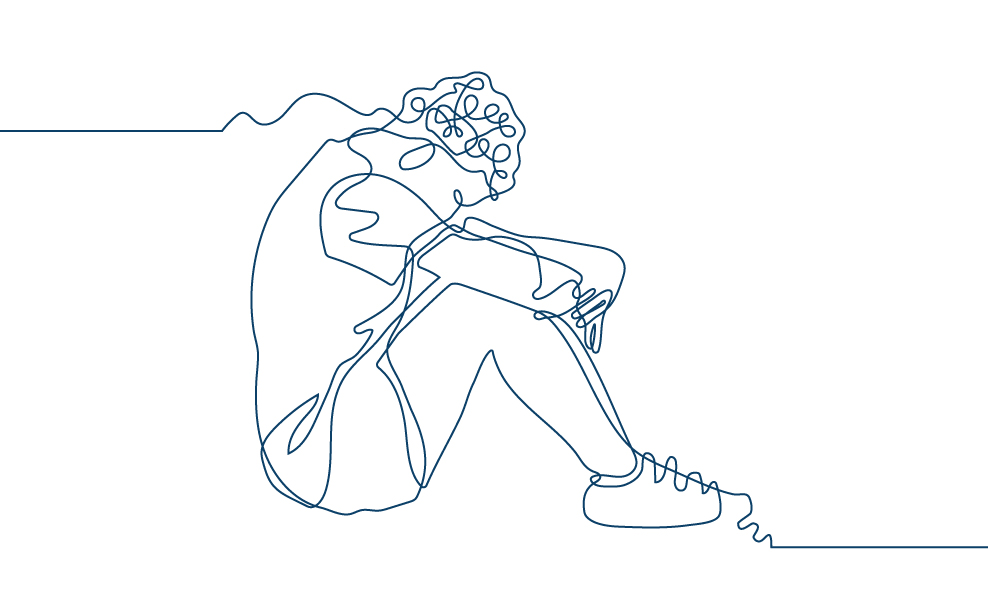Blue Monday got you down? You are not alone. Winter weather, a lower bank balance and enlarged waist line can all contribute to a general sense of malaise; culminating in the most depressing day of the year. While the science behind this day is somewhat shaky, many people find themselves feeling blue during the winter.
For life sciences professionals living in Germany, January can be a particularly depressing month. Seasonal affective disorder (SAD) and post-Christmas blues can hit hard after the festivities and feuerzangenbowle fade away.
The biochemistry behind Blue Monday
Fewer daylight hours can affect your usual neurochemical processes. Darkness encourages the body to produce melatonin, which plays a role in the sleep-wake cycle. During the working hours, this hormone can cause lethargy and sluggishness.
In Germany, approximately 3% of the population suffer from SAD, according to Dr. Iris Hauth, president of the German Society for Psychiatry and Psychotherapy, Psychosomatics and Neurology. While the disorder is a question of degrees, with many feeling just a bit down. For others, it can have a detrimental effect on their quality of life and their productivity at work.
“Those affected feel in a depressed mood, suffer from a lack of interests and sometimes have difficulties concentrating,” advises Dr Hauth. The symptoms of SAD include low mood, lack of motivation, an inability to enjoy normally fun activities, feelings of guilt, overtiredness, a craving for sweet or carbohydrate-rich foods and weight gain.
How to beat Blue Monday
If you are feeling any of the above, you should probably seek advice from a healthcare professional. In the meanwhile, thankfully there are many scientifically proven ways to boost your mood fast. If you want to turn Blue Monday around, download our guide to read
our top 5 tips.
